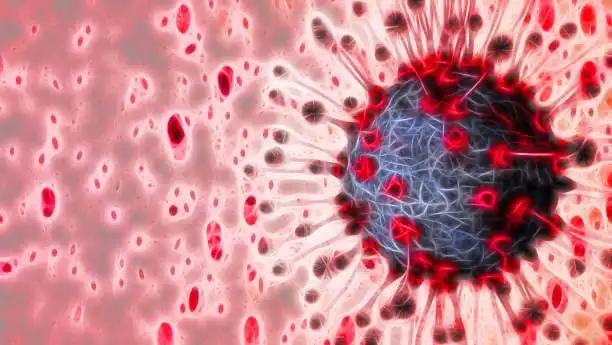KEY TAKEAWAYS
- The study aimed to investigate the prognosis and treatment outcomes of patients with R/R AML exhibiting myelodysplasia-related characteristics.
- Researchers noticed the poor prognosis of R/R AML-MRC, suggesting AZA alongside ICT as a potential treatment option.
Acute myeloid leukemia (AML) with myelodysplasia-related characteristics (MRC) presents a challenge in classification within myeloid malignancies due to its heterogeneity and varying prognoses. While historically considered to share outcomes akin to intermediate- or adverse-risk AML based on subgroup categorization, understanding the trajectory of patients in refractory or relapsed (R/R) scenarios post-initial therapy remains limited.
Harmony Leroy and her team aimed to assess patients’ prognosis and treatment outcomes with refractory or relapsed AML exhibiting myelodysplasia-related characteristics.
They performed an inclusive analysis utilizing data from the French DATAML registry, comprising a large series of refractory or relapsed R/R AML patients. This cohort, consisting of 183 individuals with a median age of 63 years and previously diagnosed with AML-MRC, received various treatment modalities including intensive chemotherapy (ICT), azacitidine (AZA) monotherapy, or best supportive care (BSC).
About 93 individuals were refractory, while 90 had relapsed. In total, 88, 34, and 61 patients were included in the three treatment arms. The median overall survival (OS) for the entire cohort stood at 4.2 months (95% CI: 3.1-5.6), with a mean 1-year overall survival rate of 24% ± 3.2%. Notably, there was no significant difference in survival between refractory and relapsed patients.
However, the BSC group exhibited significantly poorer outcomes overall (P = 0.0001), a trend that persisted in both refractory (P = 0.01) and relapsed (P = 0.002) subgroups. Comparable survival rates were observed between the ICT and AZA treatment arms.
The study concluded that the data, shedding light on an ill-explored population, underscores the poor prognosis associated with this condition. Both intensive chemotherapy (ICT) and azacitidine (AZA) emerged as potential therapeutic options, with AZA demonstrating feasibility and warranting inclusion in emerging targeted therapies. No funding information was available.
Source: https://pubmed.ncbi.nlm.nih.gov/38400682/
Leroy H, Gadaud N, Bérard E, et al. (2024). “Dismal outcome of refractory or relapsing patients with myelodysplasia-related acute myeloid leukemia partially alleviated by intensive chemotherapy.” Cancer Med. 2024 Feb;13(3):e7003. doi: 10.1002/cam4.7003. PMID: 38400682; PMCID: PMC10891460.



